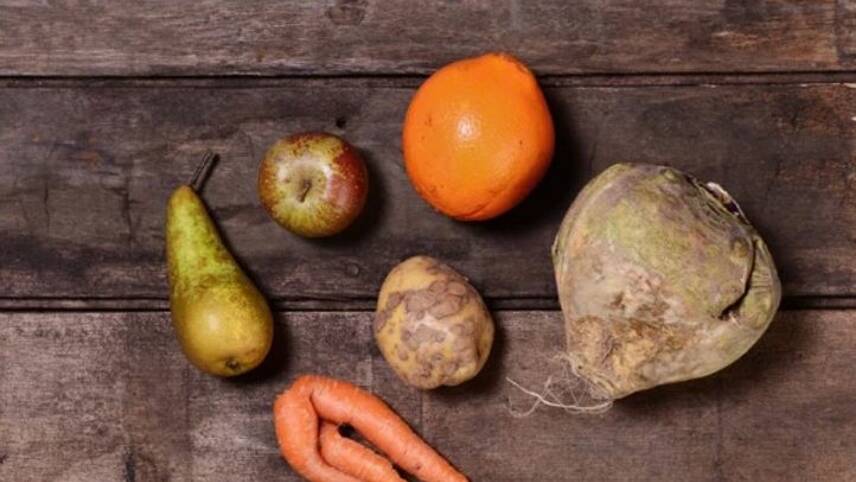Register for free and continue reading
Join our growing army of changemakers and get unlimited access to our premium content

Yet while marketing initiatives that persuade consumers to try ‘less-than-perfect’ produce are a step in the right direction, there are all sorts of reasons why food businesses end up with surplus produce that they can’t sell. It’s not all about blemishes and bumps; late changes to customer orders, unseasonable weather, or over-production to meet fluctuating demand can all result in a glut of good produce. Damaged packaging and mislabelling can also lead to perfectly edible food being discarded, sent to anaerobic digestion to create energy, or used as animal feed.
But with an estimated 8 million people in the UK struggling to put enough food on the table, sustainably-minded growers, suppliers, manufacturers and retailers are putting in place processes to ensure that surplus fruit and veg – wonky or not – is redistributed to feed people in need. This isn’t just about doing the right thing, although for many of the food businesses that FareShare works with, that is a clear motivation. It’s also about recognising that value isn’t always commercial, and that social impact can also lead to positive staff and customer engagement.
Speaking at the Surplus Food Summit in 2015, Chris Mack, executive chairman of the Fresca Group, told food and drink industry peers that diverting surplus fruit and veg to charities and community groups was “initially a decision from the heart” but had also reaped business benefits, by helping the company to manage its stock better and identify produce that would go to waste earlier, so that it could be redistributed while it was still good to eat.
Mack is not the only fruit supplier to redistribute surplus to vulnerable people – others including AMT Fruit, IPL, Richard Hochfeld, Rodanto and Worldwide Fruit also work in partnership with FareShare – but we’re urgently calling for more fresh fruit suppliers to follow suit, so that we can meet growing demand from children’s breakfast clubs – last year the number we supported increased by 14%, to 324 groups across the UK. Research shows that children who eat a healthy breakfast before school benefit from better concentration and are twice as likely to perform well in tests, but with some families struggling on low incomes, or working long hours, not every child can eat a nutritious breakfast at home, and breakfast clubs help to fill this gap.
Wonky veg boxes may be visible to consumers, but it’s the efforts that retailers make behind the scenes that sometimes make the biggest difference. We’re grateful that several of the major supermarkets have reached out to their fruit suppliers to encourage them to use their surplus in the best way possible: to ensure children can enjoy a healthy start to the day and a good start in life.



Please login or Register to leave a comment.